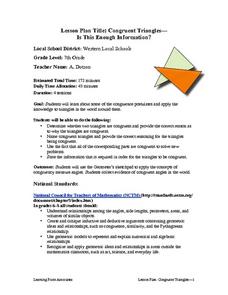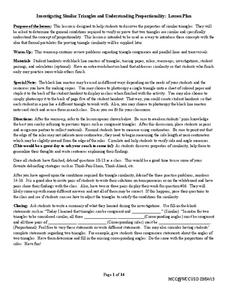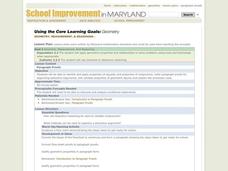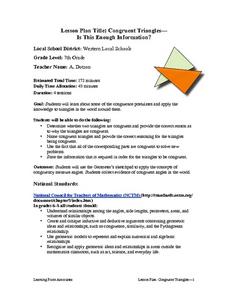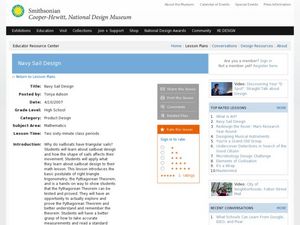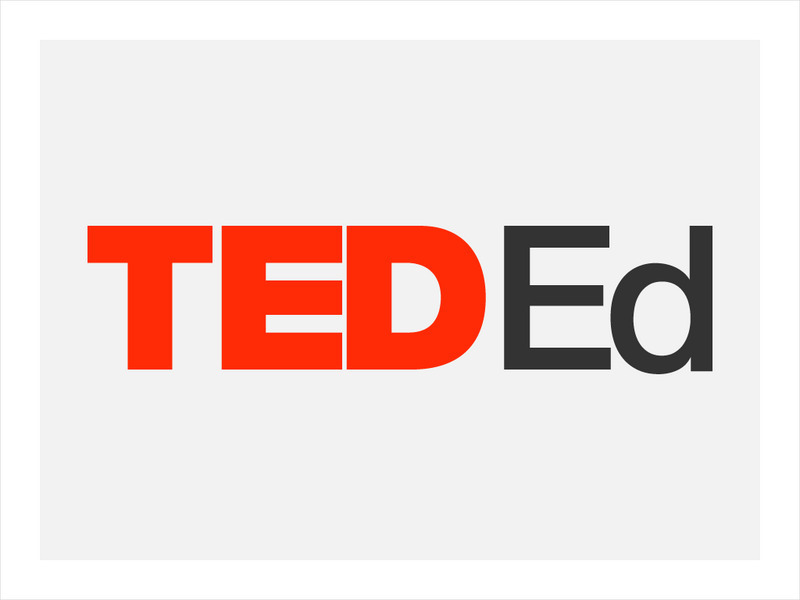Curated OER
Similar Triangles
Ninth graders find the height of every day objects using techniques learned through postulates that allow triangles in a problem to be similar. They calculate the length of a missing side and solve proportions.
Curated OER
Proportional Parts Homework
In this geometry activity, learners differentiate between similarity and proportion. They use scale factor as they solve for the different proportions. There are 15 questions.
Mathed Up!
Loci and Constructions
A General Certificate of Secondary Education math review has class members make basic constructions. Using a protractor and a ruler along with a compass, pupils develop drawings of triangles with given measurements. Scholars use their...
Curated OER
Measuring Angles
In this measuring angles activity, 10th graders solve and complete 8 various types of problems. First, they use a protractor to find the measure of each angle shown. Then, students find the missing angle measures. They also refer to the...
Curated OER
Measuring Length: Practice A
Ninth graders investigate the segment addition postulate. In this geometry lesson, 9th graders explore the difference between equal and congruent in relation to segment length. The lesson includes an algebra application and a...
Curated OER
Verifying Angle Relationships
In this verifying angle relationships worksheet, 10th graders solve and prove various types of problems related to the verification process of various angle relationships. They complete each of the two proofs shown step-by-step, giving a...
Curated OER
Congruent Triangles - Is This Enough Information?
Seventh graders examine congruence postulates and apply knowledge to triangles in the world around them.
West Contra Costa Unified School District
Investigating Similar Triangles
Let your use of the resource be in proportion to its usefulness. Pupils investigate similar triangles by measuring side lengths and considering given angle measures. The results of the investigation help develop generalizations about...
Curated OER
Similarity and Congruence
Learners explore the concept of similarity and congruence. In this similarity and congruence lesson, students cut out strips of paper and form a triangle. Learners try to prove that their triangles are congruent using the SSS theorem of...
Curated OER
Paragraph Proofs
Students explore the concept of paragraph proofs. In this paragraph proofs instructional activity, students make flow charts of the process of getting ready for school. Students convert the flow chart to a paragraph proof. Students use...
Illustrative Mathematics
Do Two Points Always Determine a Linear Function?
Your learners can approach this task algebraically, geometrically, or both. They analyze the building of a linear function given two points and expand the concrete approach to the abstract when they are asked to find the general form of...
Virginia Department of Education
Logic and Conditional Statements
If there is a conditional statement, then there is a hypothesis and conclusion. Pupils learn how to identify the parts of conditional statements. Class members continue to work with conditional statements and rewrite them in their many...
Education Development Center
Proof with Parallelogram Vertices
Geometric figures are perfect to use for proofs. Scholars prove conjectures about whether given points lie on a triangle and about midpoints. They use a provided dialogue among fictional students to frame their responses.
Curated OER
Measuring Angles & Segments
Students view a PowerPoint for a warm-up lesson. They practice measuring around the classroom, measuring such things as the length and width of a desk, pencil, door, and book. Students use a website to practice measuring angles.
Curated OER
Congruent Trianges - Is This Enough Information?
Seventh graders determine whether two triangles are congruent and provide an explanation to why they are not. They apply concepts of measurement of angles and collect evidence of congruent angles in the world.
Curated OER
The Truth About Triangles And Proofs
Students engage in a lesson that is about the classification of triangles and the mathematical proofs involved in working with them. They work on a variety of problems that are created by the teacher with the focus upon the importance of...
Curated OER
Verifying Segment Relationships
In this verifying segment relationships worksheet, 10th graders solve two proofs by following the same format used in algebra. They complete each of two proofs by naming the property that justifies each statement given. Students also...
Curated OER
Navy Sail Design
Young scholars use the Pythagorean Theorem to explore sailboat design. In this Pythagorean Theorem lesson, two sides of a triangular sail are measured, and the theorem is used to calculate the third side. A worksheet, bulletin board...
CK-12 Foundation
Ck 12: Geometry: Basics of Geometry Study Guide
This study guide on Geometry covers some key vocabulary, drawing and labeling diagrams, describing geometric figures, and basic postulates for points, lines, planes, and intersections. It is available for download with free registration.
Cuemath
Cuemath: Euclidean Geometry
Explore the world of Euclidean geometry by understanding euclidean and non-euclidean geometry, the postulates and axioms, and how to apply them while solving problems. Check-out the solved examples for better understanding and try your...
Oswego City School District
Regents Exam Prep Center: Theorems and Postulates for Geometry
Here is a partial list of theorems, postulates, and properties.
Mathigon
Mathigon: Euclidean Geometry: Euclid's Axioms
This lesson focuses on Euclid's Axioms, simple, intuitive statements, that everyone agrees are true. An axiom(or postulate) is a mathematical statement that is regarded as "self-evident" and accepted without proof. A key part of...
Rice University
Rice University: Cynthia Lanius: History of Geometry
Different cultures' contributions to Geometry are discussed.
TED Talks
Ted: Ted Ed: Euclid's Puzzling Parallel Postulate
Euclid, known as the "Father of Geometry," developed several of modern geometry's most enduring theorems--but what can we make of his mysterious fifth postulate, the parallel postulate? Jeff Dekofsky shows us how mathematical minds have...






